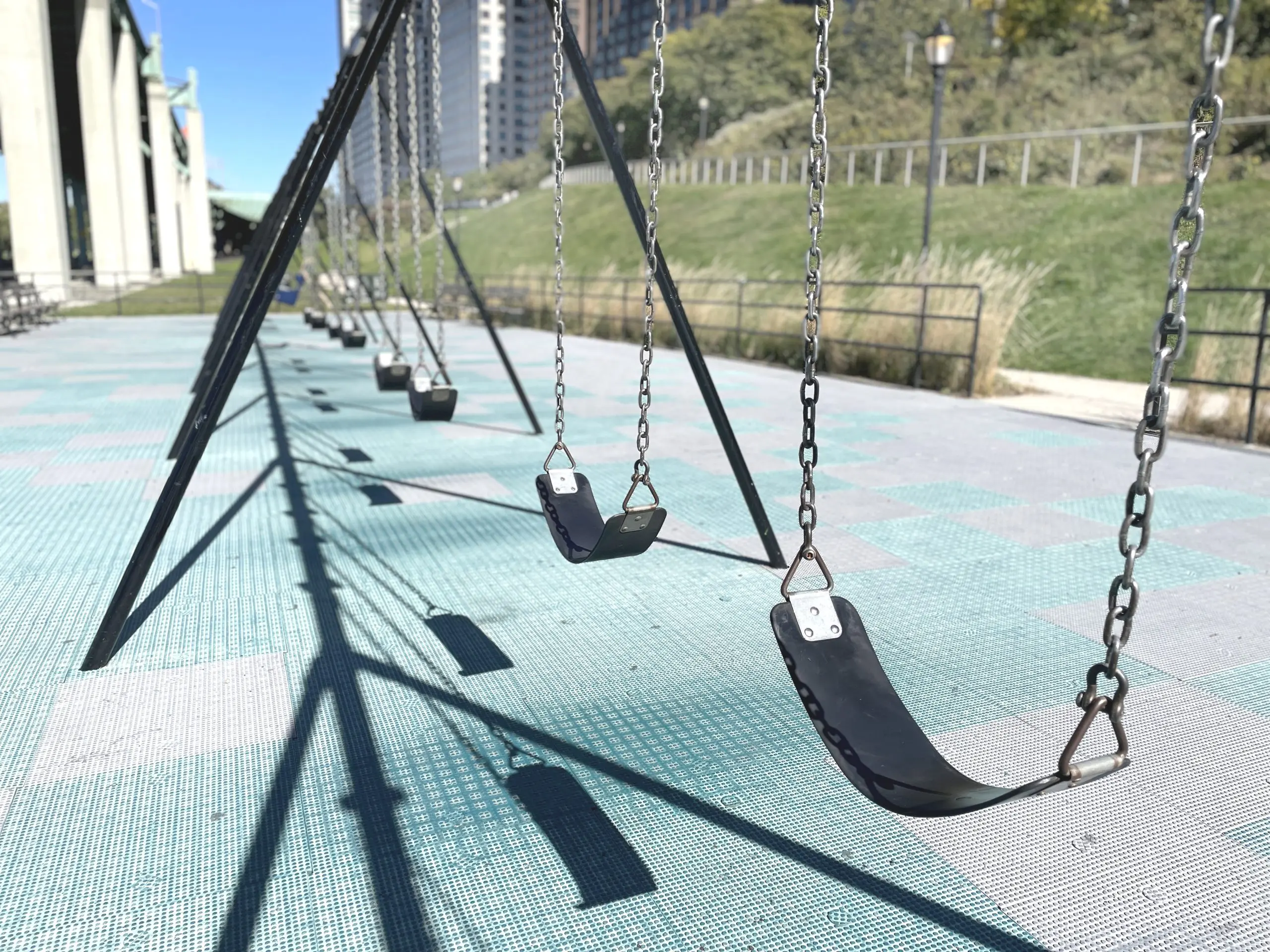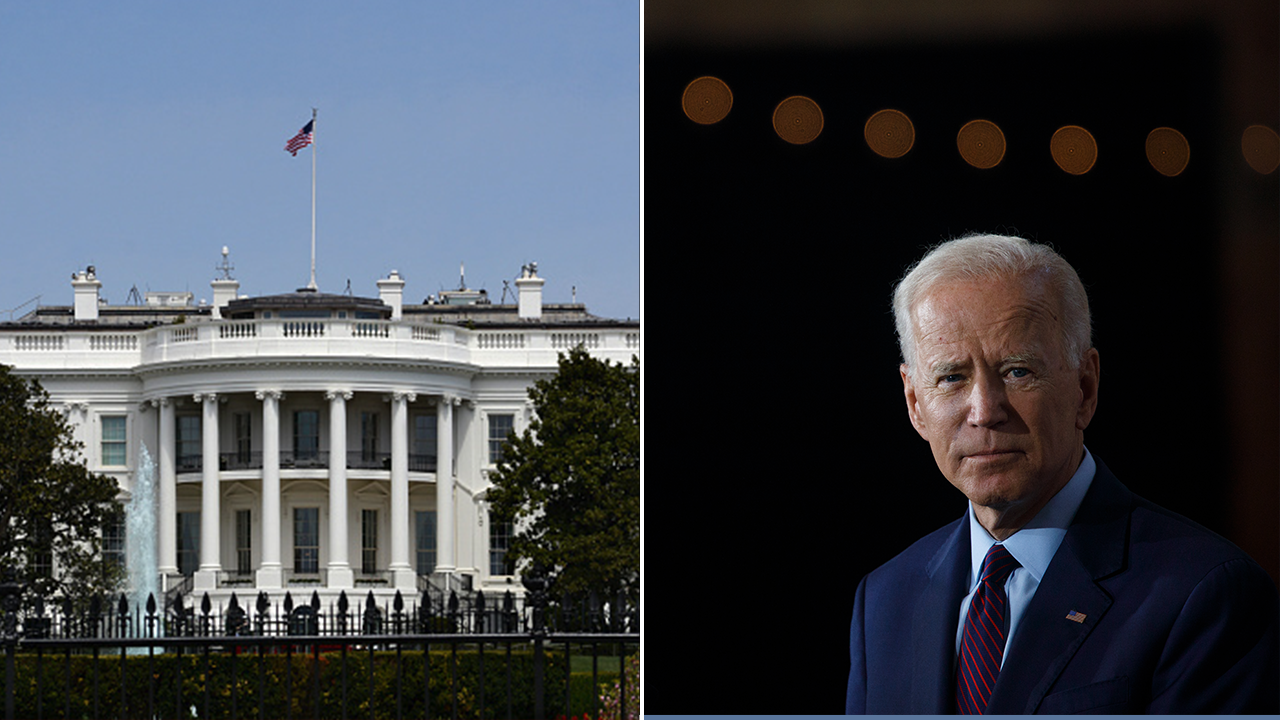Putin’s war against Ukraine and the West has spilled into Africa and the Middle East. Most recently, Kyiv claims to have supplied rebel groups in Mali with intelligence that led to an attack against Russian Wagner Group mercenaries in which 84 were reportedly killed.
Wagner fought in the war against Ukraine until its now deceased leader Yevgeny Prigozhin launched an abortive coup against the Kremlin last year. Since then they have expanded operations in the Sahel and central Africa and have now been re-branded from the name of Hitler’s favourite composer to a military unit he created in 1941, the Africa Corps.
While fighting an attritional war against Russian aggression, Ukraine has been hamstrung by lily-livered restrictions on use of Western supplied munitions to go on the offensive inside Russian sovereign territory. Nevertheless Kyiv has taken the fight to the Russians wherever it can, using its own drones as well as ground forces. That has had limited effect but has diverted some Russian defensive assets away from the front as well as providing an important boost to Ukrainian morale.
Meanwhile Kyiv has sought military opportunities even further afield, perhaps in an echo of Churchill’s Special Operations Executive which sent military operatives to establish a “second front” in Europe before D-Day was even a possibility. Since at least last year, Ukrainian special forces have endeavoured to damage Russian military capabilities by attacking elsewhere in the world.
In May, General Kyrylo Budanov, chief of Ukraine’s military intelligence, said: “We conduct operations aimed at reducing Russian military potential anywhere where it’s possible”. That includes Sudan, where Russian mercenaries are supporting the rebel Rapid Support Forces which have been fighting against government troops since last spring. Moscow’s primary purpose was to secure gold supplies facilitated by the rebels to fight the war in Ukraine, circumventing Western sanctions. Working to disrupt those supplies, Ukraine has provided the embattled government forces with drones and military training, and Ukrainian special forces have reportedly carried out attacks against Russian mercenaries.
The picture is now shifting though, with Russia seemingly changing sides in the civil war to secure access to a naval base near Port Sudan and align with its ally Iran which has been backing the government. Russia’s deal with the government, which would involve game-changing military assistance, will include Sudan severing ties with Ukraine.
In the Middle East, Ukrainian special forces have reportedly been attacking Russian troops and destroying combat equipment in Syria since at least the beginning of this year, in conjunction with anti-regime forces in the country. Since the Ukraine war began, Russia has transferred some of its combat forces out of Syria to bolster troop levels there, and Kyiv’s objective will be to apply military pressure to reverse that move.
Ukrainian special forces efforts in Africa and the Middle East may be little more than pin-pricks which have minimal strategic effect. But in a war where the country’s survival is at stake, and with Western support flagging, it has no choice than to hit its enemy wherever it can. Undermining malign Russian activities around the world is very clearly in our own interests as well as Kyiv’s. Putin’s collaboration with Iran, including in Syria, helps destabilise the Middle East, as we are witnessing today.
In Africa, Russia is gaining control of strategic resources as well as acquiring wealth to fight Putin’s war in Ukraine. In Mali, the Africa Corps has secured uranium mines and is working to deny Western access to them, potentially representing a huge threat to our nuclear electricity production, another opportunity for energy blackmail. Moscow is also working to increase political backing from African countries for its war against Ukraine as well as its wider competition with the West. We should therefore be supporting Ukraine in its foreign endeavours wherever we can.
The post Putin’s war is sweeping into Africa – and Kyiv’s special forces are deadly appeared first on The Telegraph.



















